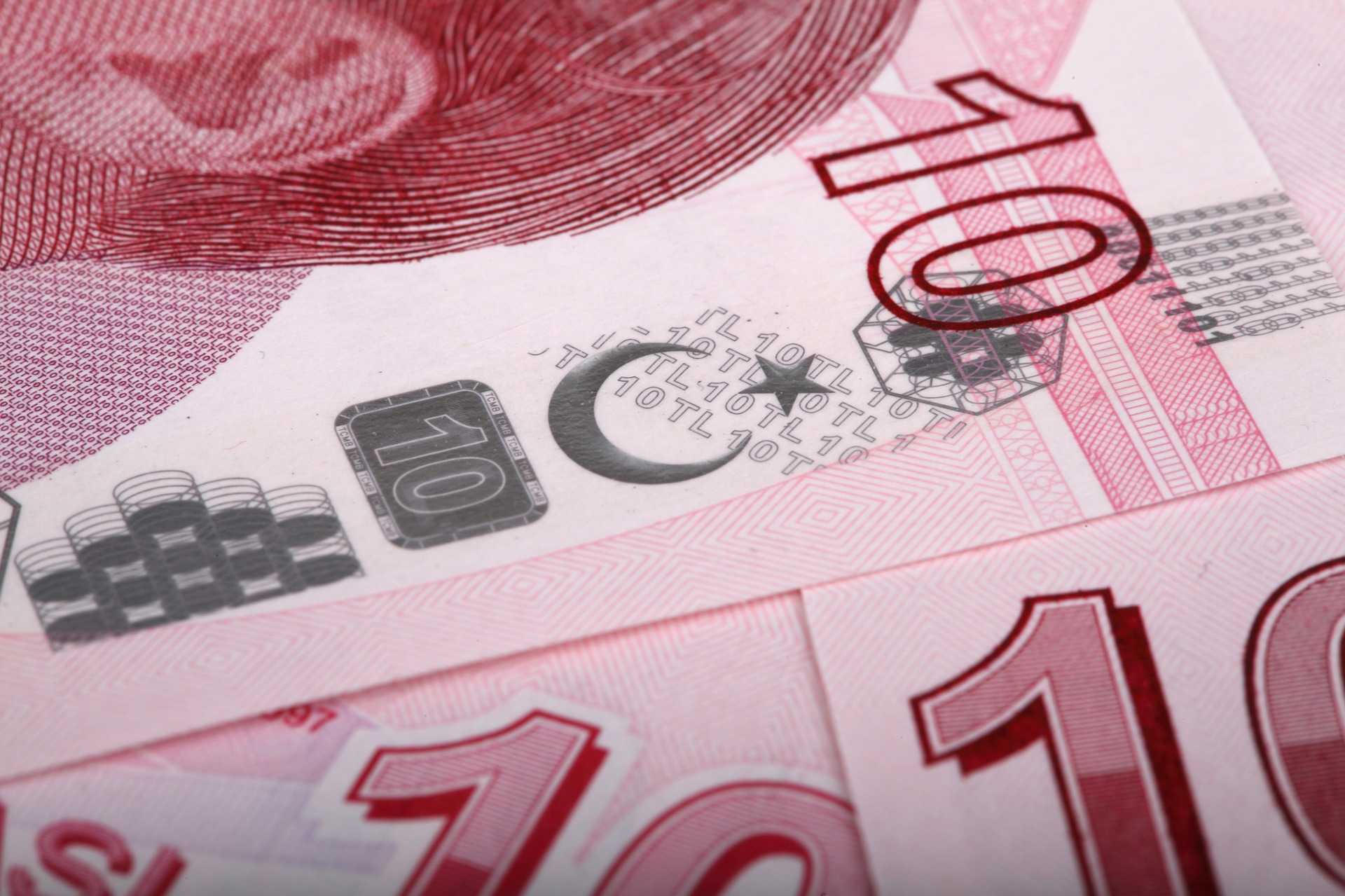USD/TRY rose sharply by 15% on March 22 after Turkey President Erdogan sacked central bank (CBRT) governor Naci Agbal for hiking interest rates.

USD/TRY Rises Sharply
President Recep Tayyip Erdogan opposes every measure taken to hike rates. When Agbal increased interest rates of CRBT on March 19, it ended his tenure as the governor of the central bank of Turkey. The USD/TRY rose sharply by 15% on the very next trading day on March 22.
The USD/TRY currency pair has risen above critical 8.0000 marks. On March 22, it moved from 7.200 levels to 7.700 in a single day, a rise of 15%. It has been rising for the fifth consecutive day and ended at 8.1350 last week.
Investor Confidence Disrupted
The lira rose more than 11% last week, and the Borsa Istanbul 100 stock index lost 9.6% during this period. Investors, who had just gained confidence in the Turkish lira, have left the market with the exit of Agbal. The total inflow of currency worth $16 billion went down to just $5.5 billion within two days. Turkish assets have taken a downtrend with the move by the CBRT to remove the central bank governor amid sky-high rates.
The lira lost almost 40% this year. The Balance of Payment is an important critical factor that is facing pressure with the weakening lira. Loose monetary policy by the president will drain the forex reserves, say experts. It may move the USD/TRY to 10.00 levels in the months to come. Agbal is the third governor that President Erdogan had sacked since his presidential tenure in June 2018.
USD/TRY Gained Under Agbal Leadership
The appointment of Agbal to run the central bank after Albayarak, brought back trust into the financial position of the country. Berat Albayara is the son-in-law of Erdoga. Investors and hedge fund managers started to put their money into the Turkish lira.
Naci Agbal brought a fundamental change in the economy by strengthening the lira after the crisis of 2018. He was appointed on November 7 and held on to his post till March 19.
Agbal brought up interest rates to 8.75 percentage points, an increase of 18% within just four months. His aim to control inflation which was at 15%, made him lose his position as head of the central bank. Foreign investors, who had praised the governor’s daring policy in raising interest rates to combat inflation, were shocked at the decision.
The lira has strengthened 14% under his leadership, and investors were gaining confidence in the currency. Agbal had set a target of 5% inflation by 2023.
Sahap Kavioglu, has replaced Agbal, and has criticized Agbal saying that his policies served only London-based rich-businessmen. In 2018, the president had referred to the lira crisis as an “interest rate lobby” by western financiers.
Markets Affected by the Change in Leadership
The US dollar gained 11% last week against the lira. Investors who bought government bonds were the worst hit, especially those who had invested in 10-year bonds. They lost almost 20% of their investment. Automatic circuit breakers were triggered, and trading got suspended in the exchange after a steep fall.
Benchmark interest rates are set by the Monetary Policy Committee of the Central Bank of the Republic of Turkey. Interest rates have been hiked five times since July 2020, and borrowing costs are the lowest since May 2018.
Erdonomics is a unique economic theory by President Erdogan, as he considers high-interest rates to usher in higher inflation, which is contrary to what financial experts say.
Turkey Worst Hit by Pandemic
High inflation has taken Consumer Prices to 15.61% in February 2021, which is higher than January data at 14.97%. The inflation rate is the highest since July 2019. Worst affected are transportation, food and non-alcoholic beverages, and miscellaneous goods and services.
Inflation has gone up as crude oil rallied in February, and the lira has weakened. The central bank had raised interest rates to control prices. Crude oil prices, which were at $20 per barrel during the lockdown period have gone up to $70 per barrel as global economic conditions improved and oil demand increased with Covid-19 vaccinations.
The construction sector in Turkey has been the worst hit. High-rise buildings stand incomplete along various highways of Istanbul. Real estate prices have come down sharply, affecting investors who considered the real estate as a safe investment. The economic crisis has hit people like ordinary pensioners, small businesses, and laborers. Soaring inflation has raised essential food items. Electricity and gas costs have increased by almost 10% recently, as they are imported. Private sectors in Turkey are deep in foreign debt.
Consumer Confidence has gone up in March for the third consecutive month, according to data published by the Central Bank and the TUIK. It has gone up 2.5% in March at 86.7%. The household index saw the biggest increase of 4%, with expectations of a better financial situation.
The Unemployment Rate has declined to 12.2% in January 2021, while it was 12.6% in December. Employment is seen in sectors such as agriculture and industry while it fell in construction.
USD Index
The US Dollar Index shot up to 92.77 last week, supported by the fiscal stimulus. Bond yields are increasing along with rising public debt and high inflation.